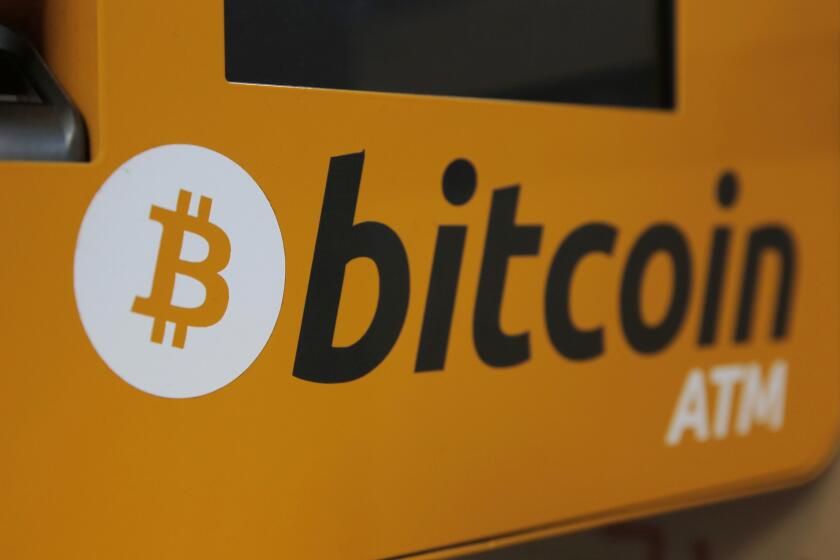Grocery chain Safeway in talks to sell itself
Safeway Inc. said Wednesday it is in talks about potentially selling itself, finally addressing buyout rumors that began last year after the grocery giant deflected a takeover bid.
The Pleasanton, Calif., company, which operates the Vons and Pavilions chains, said discussions were “ongoing” and there was no guarantee they “would lead to an agreement or completed transaction.”
Safeway also announced its fourth-quarter results Wednesday.
In the three months that ended Dec. 28, the company reported a net profit of $100 million, or 35 cents a share. That’s down sharply from $170.7 million, or 71 cents a share, from a year earlier. Sales rose slightly to $11.3 billion.
PHOTOS: Richest and poorest cities in America
Buyout rumors surfaced in October with reports that private equity firm Cerberus Capital Management was involved in talks to buy some or all of Safeway. Cerberus owns a supermarket business that operates Albertsons and Shaw’s.
If Cerberus is still Safeway’s suitor, their combined supermarkets would dominate 12 of 15 major markets in the country, analysts say. That kind of clout would give the traditional grocer a much-needed edge against newer rivals such as Wal-Mart Stores Inc. and Target Corp.
Cerberus did not immediately respond to calls for comment.
Safeway has been hustling to revamp its business in the face of increasing competition.
Last year, the grocer decided to exit the Chicago market and sell its Canadian operations. It raised $230 million through an initial public offering of its gift card provider, Blackhawk Network Holdings.
The company said Wednesday it planned to distribute its remaining 37.8 million shares in Blackhawk to Safeway shareholders.
The company last year avoided a possible takeover bid by hedge fund Jana Partners, which said at the time it was talking with Safeway regarding “strategic alternatives.” Safeway adopted a so-called poison pill strategy that enabled existing shareholders to buy more stock at a discounted rate.
ALSO:
For DWP customers, a long wait to go solar
IRS spent $10,000 on video spoof of ‘The Apprentice’
Occidental Petroleum’s profits rise as Exxon Mobil’s and Shell’s fall
Follow Shan Li on Twitter @ShanLi
More to Read
Inside the business of entertainment
The Wide Shot brings you news, analysis and insights on everything from streaming wars to production — and what it all means for the future.
You may occasionally receive promotional content from the Los Angeles Times.











